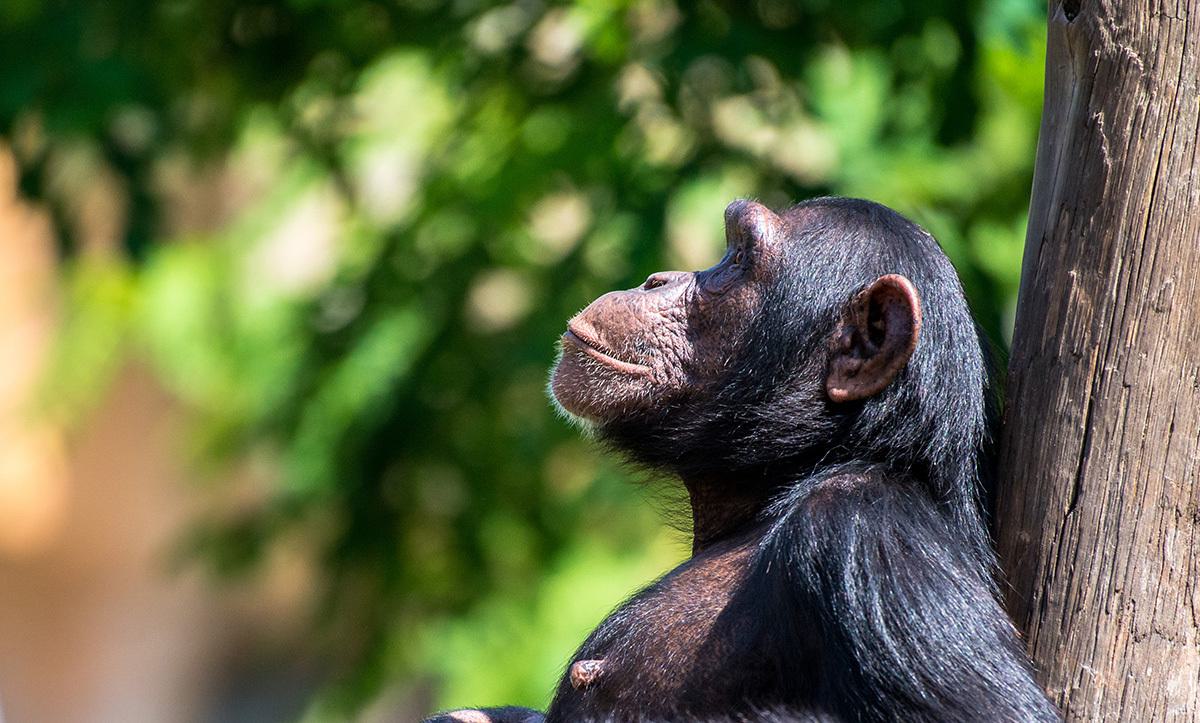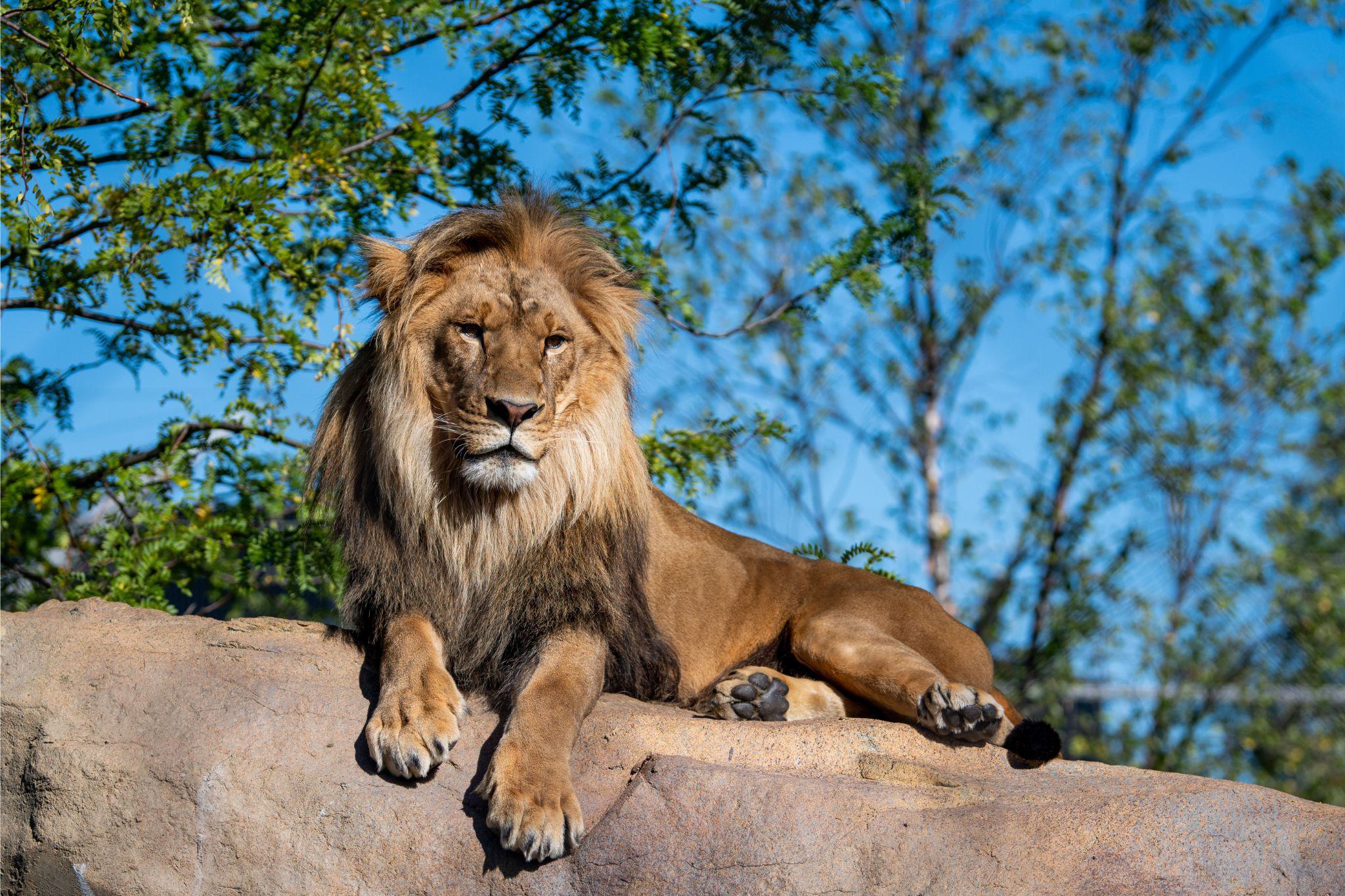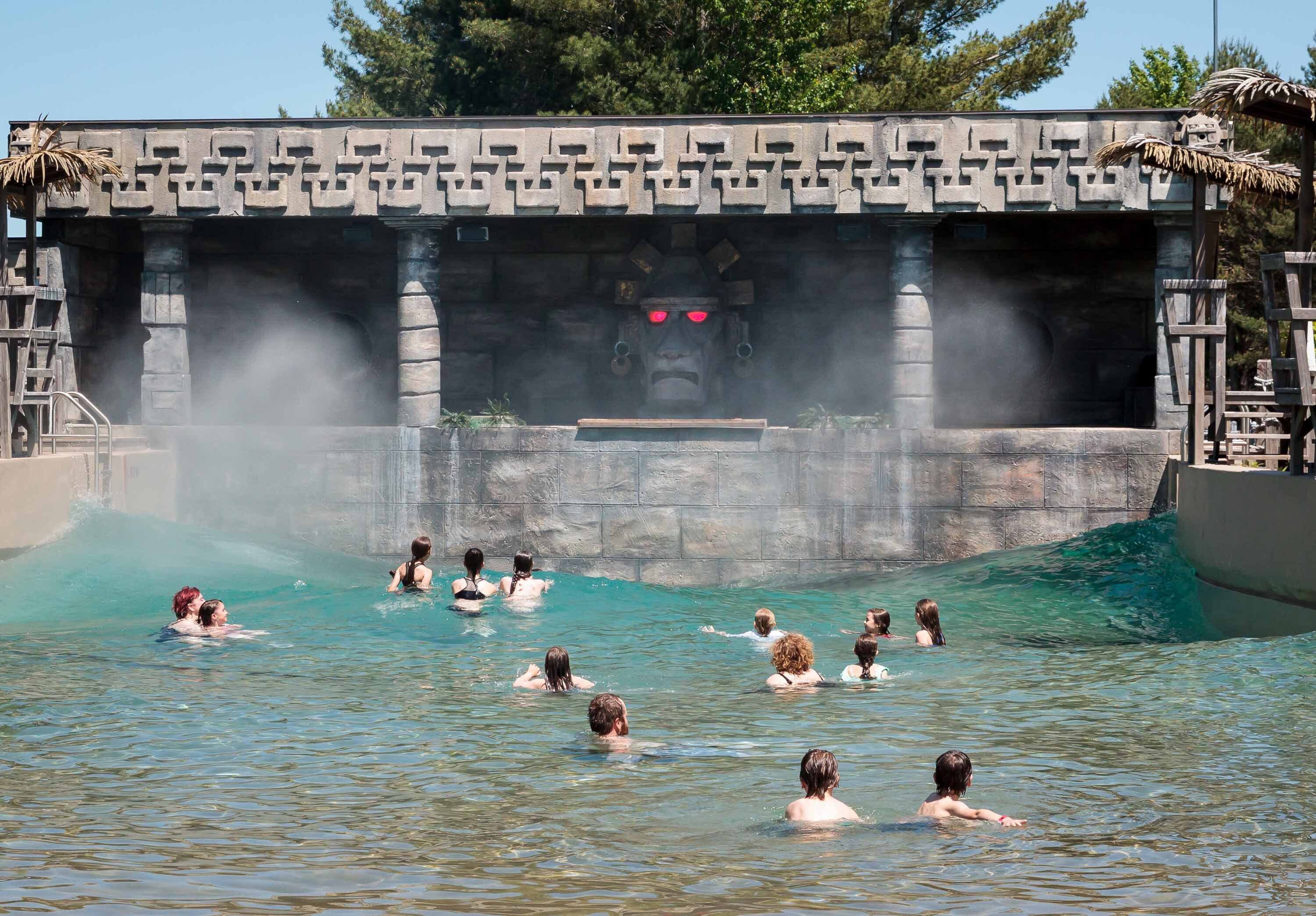<p>Studying animal behavior during an extraordinary phenomenon</p>
Studying animal behavior during an extraordinary phenomenon
Monday, April 8, 2024, the sky above the Zoo de Granby will become dark during this rare but also very exceptional phenomenon: A total eclipse of the sun!
While this is one of the most impressive natural events for humans to observe and experience, few studies have been carried out on how animals react during such an occurrence. A team of researchers is therefore proposing to use the unusual setting of a total solar eclipse to assess how the behaviour of certain animal species will be affected by the notable changes in their environment.


Observing the Impact of a Major Natural Phenomenon on Animal Behaviour
The initiative for this project came from astronomer Pierre Chastenay, a tenured professor of science education at UQAM and an “eclipse hunter”. Drawing on his own observations during previous eclipses elsewhere in the world, the researcher saw a golden opportunity to document the behaviour of different animal species gathered together in one same place, here at the Zoo de Granby, and directly on the path of totality of the April 8 solar eclipse.
These species will also be observed a few days before, and a few days after the eclipse to distinguish regular behaviours from those linked to the astronomical phenomenon.
The Zoo’s Conservation and Research team, including biologists Patrick Paré, Louis Lazure and Chelsey Paquette, eagerly embarked on the project and, together with the animal care team, developed the rigorous protocol that will serve as the basis for this unique and exceptional research.
A dozen species will be observed during the data collection, including Japanese macaques, small pandas, snow leopards and ostriches.
Since there are very few scientific publications on the subject, this research project offers us the opportunity to add to our knowledge of animal behaviour, especially in a setting as special as an eclipse.
Twilight Behaviour in Broad daylight!

On April 8, 2024, during the totality phase of the eclipse, between about 3:27 p.m. and 3:30 p.m., the ambient temperature will drop by 5 to 10 degrees Celsius. Also, the surrounding luminosity will be similar to that of the day’s twilight period, some thirty minutes after sunset.
The researchers expect to see animal behaviours that are usually associated with late-day activities, and they hope to confirm this through their observations.
However, some behaviours observed during an eclipse can also be quite surprising! During a solar eclipse that occurred on May 30, 1984, chimpanzees at the Yerkes Regional Research Center in Florida gathered at the top of a tall structure and turned their faces and bodies towards the Sun.
Some of the young chimpanzees even made gestures in the direction of the Sun. This unusual behaviour stopped after the eclipse. It had never been observed before and was never seen again after the event.
The Results Will Extend Far Beyond the Site of the Zoo de Granby!
The researchers at the Zoo de Granby won’t be the only ones monitoring the behaviour of animals, whether in zoos or in the wild, during the April 8 total eclipse. The celestial event will be occurring across Mexico and the United States from Texas to Maine, as well as throughout Southern Québec and the Maritime provinces.
The team led by Professor Adam Hartstone-Rose of North Carolina State University, for example, will be at the Fort Worth Zoo, in Texas, to observe the behaviour of a large number of animal species using a protocol very similar to the one implemented at the Zoo de Granby. In fact, the Zoo team is in contact with Professor Hartstone-Rose and is planning joint scientific publications — Hopefully the weather in both Texas and Québec will be ideal for observing the eclipse! Other zoos in the United States are also planning similar projects, including the Toledo and Indianapolis zoos.
NASA has also launched a major citizen science project, calling on the public to collect data on the behaviour of animals in the wild during the eclipse. The Soundscapes project recordings of wildlife sounds related to the eclipse throughout the path of totality.
Another citizen science project, led by Professor Hartstone-Rose, asks people to record data relating to the behaviour of animals in the wild around their homes during the totality of the eclipse. In fact, they will fill in a behaviour information form very similar to the one our researchers will be using here at the Zoo de Granby. You’ll find all the information about this project at SolarEclipseSafari.org, and anyone interested is welcome to take part!


